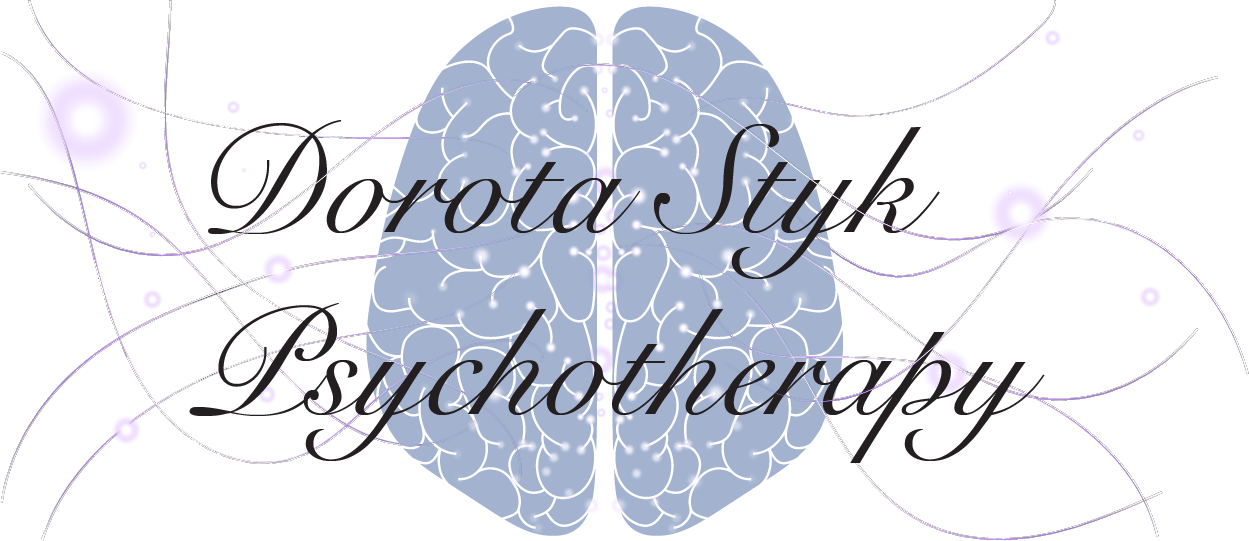Cognitive Behavioural Therapy (CBT) is a structured, evidence-based form of psychotherapy that focuses on identifying and changing negative thought patterns and behaviours. This therapeutic approach operates on the principle that our thoughts, feelings, physical sensations, and actions are interconnected, and by modifying unhelpful thinking patterns, we can create positive behavioural changes.
CBT is distinguished by its emphasis on the present rather than past experiences, following a set format with specific goals and a time-limited structure. The therapy is highly collaborative, requiring active participation from both therapist and service user to identify and modify dysfunctional thoughts and behaviours. Sessions typically involve learning to recognise distorted thinking patterns, developing problem-solving skills, and building greater confidence in one’s abilities.
Research has demonstrated CBT’s effectiveness across a wide range of conditions, including depression, anxiety disorders, eating disorders, substance use problems, and severe mental illness. Studies have shown that CBT can be as effective as, or in some cases more effective than, other forms of psychological therapy or psychiatric medications. Long-term studies have found that CBT offers enduring benefits, with one study showing 43% of service users reporting significant symptom reduction even 46 months after treatment.
The therapy operates through several core principles, including the understanding that psychological problems are partly based on unhelpful ways of thinking and learnt patterns of behaviour. CBT teaches people that while they cannot control every aspect of their environment, they can learn better ways of coping with difficulties, thereby improving their quality of life.
One of CBT’s key strengths is its focus on teaching service users to become their own therapists. Through in-session exercises and homework assignments, individuals develop coping skills that they can continue to use long after therapy ends. This approach emphasises emotional responsibility, recognising that while we may not be responsible for every event in our lives, we are largely responsible for how we interpret and respond to these events.
Book an Appointment
Weekday Appointments
| Initial video call consultation | £20 |
| Video call Therapy Session | £120 |
| Audio call Therapy Session | £120 |
| Couples Video call Therapy Session | £180 |
Our of Hours and Weekends Appointments
| Initial video call consultation | £40 |
| Video call Therapy Session | £240 |
| Audio call Therapy Session | £240 |
| Couples Video call Therapy Session | £240 |
